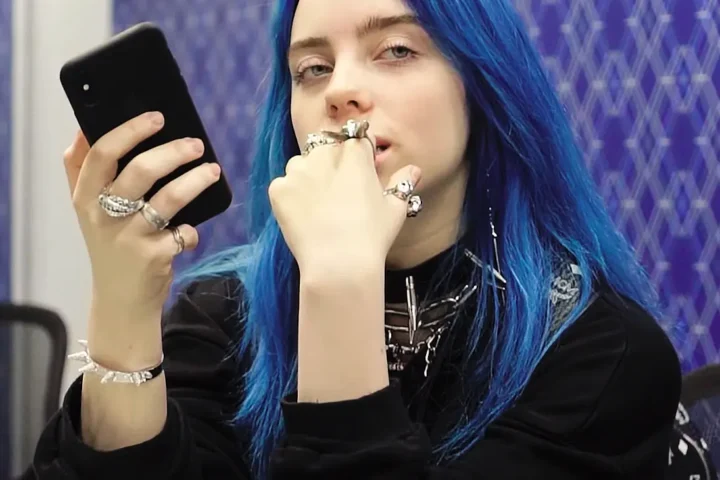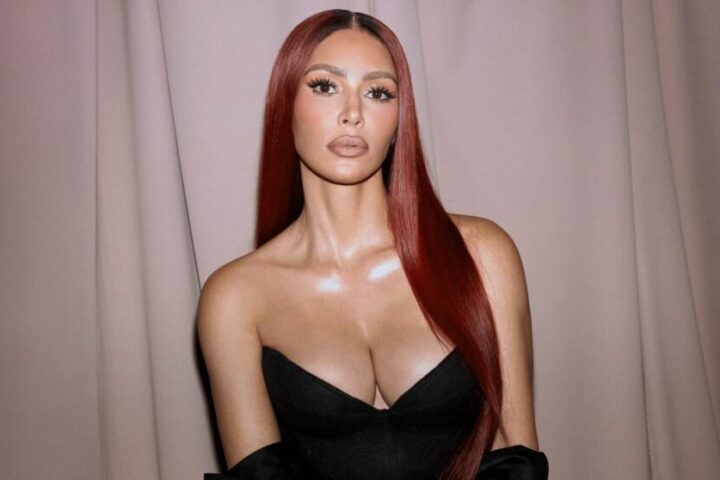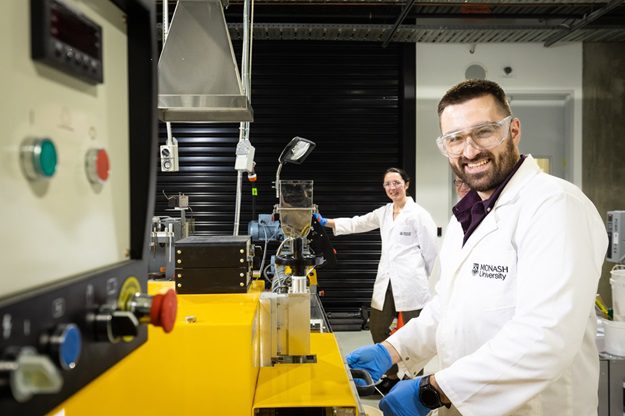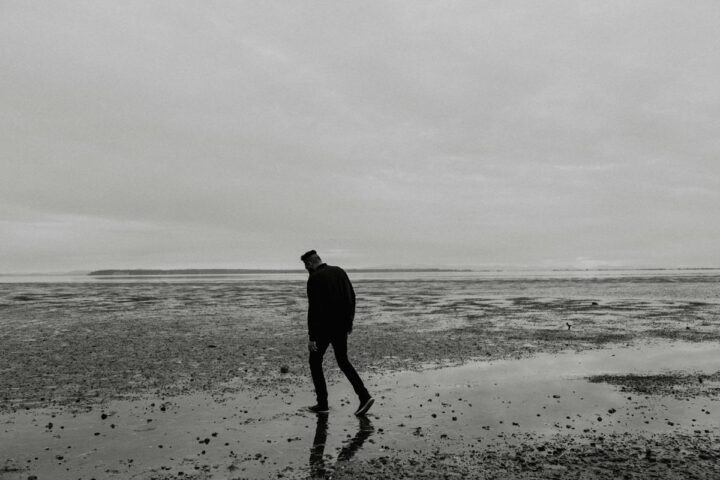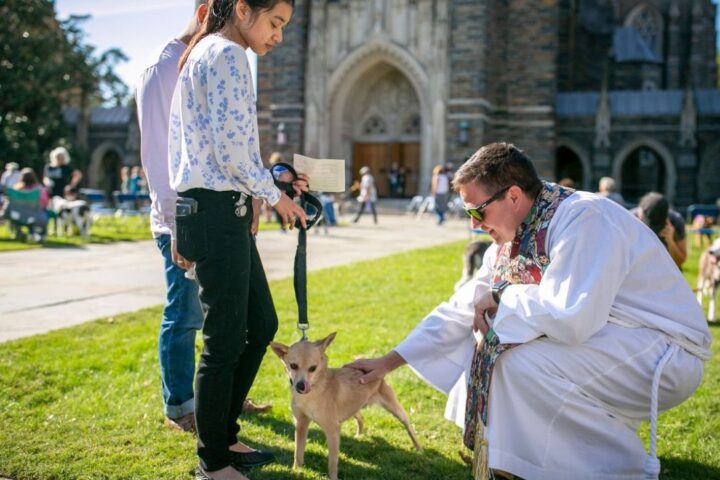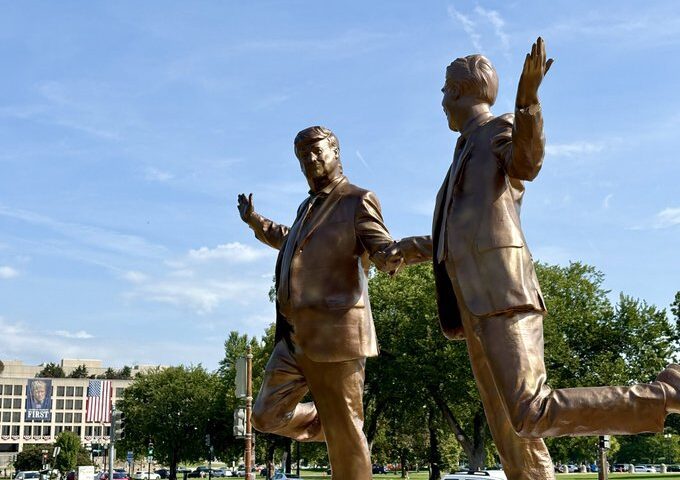TL;DR: This article explores the connection between feeling good in your clothes, your confidence, age, and first-date energy.
First dates commonly cause anxiety for many singles. While specific percentages vary across different surveys, research suggests that a significant number of people find first dates stressful – often comparing them to public speaking, financial concerns, or job interviews. Many experience heightened anxiety in the days and hours leading up to a date.
Where is the anxiety coming from? Research indicates multiple sources of dating nerves, including lack of confidence, concerns about physical appearance, fear of rejection, and feeling out of practice. The latter particularly affects those returning to the dating scene in their late 30s and 40s, including after ending a long-term relationship.
Combating first-date stress: Many singles use various coping methods for first-date jitters, such as listening to music, exercising, or using alcohol to calm nerves. Some even report avoiding food due to anxiety. A simple and far healthier way of overcoming first-date jitters is associated with the concept of enclothed cognition, which delves into the influence of the clothes we wear on people’s feelings, thoughts, and behavior. Beyond appearance, the concept is about how clothing can shape one’s attitude and behavior and enhance confidence.
You are what you wear Research has demonstrated that people adopt the mindset associated with clothes that align with a specific identity or role. For example, study participants who were asked to wear a lab coat while performing cognitive tasks became more attentive to detail because they associated precision and intelligence with lab coats. Soft, comfortable fabrics encourage a sense of ease and relaxation; wearing a structured suit can make one feel more authoritative, etc.
People who dress in a way that expresses their personality tend to feel more grounded and authentic. This authenticity can translate into greater comfort during social interactions, including first dates. When individuals wear outfits that reflect their true selves, they’re more likely to come across as confident and self-assured, which can make a strong and lasting impression. Clothing becomes a nonverbal cue that reflects inner confidence.
Wearing clothes that match your personality can also help bridge conversations more naturally. A vintage jacket or a unique accessory may spark curiosity and conversation, allowing you to share personal stories or style inspirations. Such details, though small, can contribute to a more memorable dating experience.
Self-assurance and satisfaction increase with age Finding your personal style can help enhance confidence regardless of age. As it turns out, boosting confidence after 40 is less of an issue in your fifth decade of life than in earlier ones. According to well-established research in many Western countries, there tends to be a “U-shaped curve of happiness” where life satisfaction often increases with age, particularly after midlife. While regional and cultural variations exist, studies have found that in many populations, those in their 60s report higher levels of contentment compared to younger adults, who often experience higher levels of anxiety, depression, and stress.
People’s lives become more stable with age, which is no surprise considering their often awkward high school years and turbulent 20s are behind them. To paraphrase a 90s hit, it’s about wanting what you have, not having what you want. Another study found that younger people were likelier to equate being happy with feeling elated or ecstatic, while those who were older linked happiness to feeling calm or relaxed. They were likelier to be satisfied with the here and now than to get excited about future prospects.
With age also comes experience in dressing for different situations. Older individuals often have a better understanding of what suits them best, from colors and fits to styles that project poise and comfort. This accumulated wisdom can significantly reduce the stress that younger daters often face when deciding what to wear, allowing older daters to focus more on the connection itself rather than their outfit.
Final thoughts We live in hectic times, and the sooner people are able to see if they hit it off, the better. It’s no good wasting your date’s time and vice versa. You don’t want to show up in an elegant evening gown with heavy makeup when you usually dress casually, and your makeup is understated. Your date may come to expect that effort from you all the time, leading to friction.
Personal style is about what you feel good in. Your clothes don’t have to be fashionable. Instead, they should feel comfortable and express your personality. You will appear more genuine to your date, and gauging compatibility will be easier. This is far preferable to people letting their true colors show down the line.
Ultimately, confidence on a first date doesn’t come from trying to be someone you’re not—it comes from embracing who you are and presenting yourself authentically. When you wear something that reflects your personal style, you not only feel more at ease but also signal to your date that you’re comfortable in your own skin. That kind of self-assurance is universally attractive and a strong foundation for genuine connection. Looking and feeling like the best version of yourself allows for a more relaxed, present, and meaningful interaction—which is exactly what a successful first date should be about.



